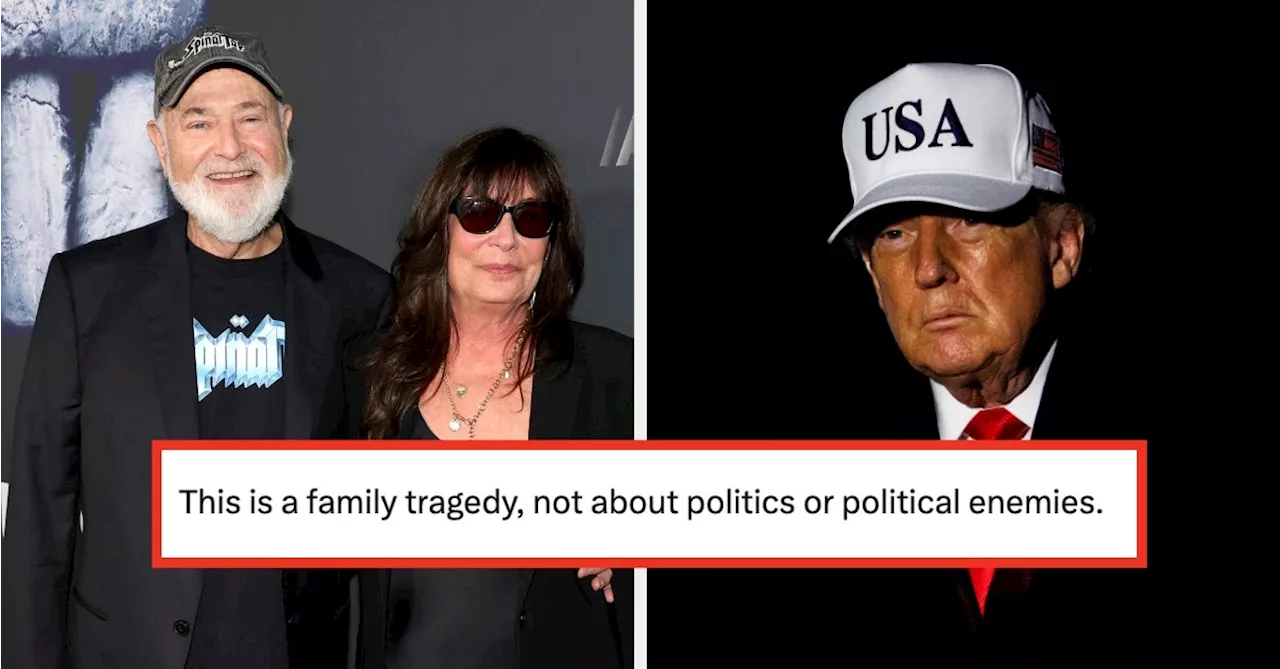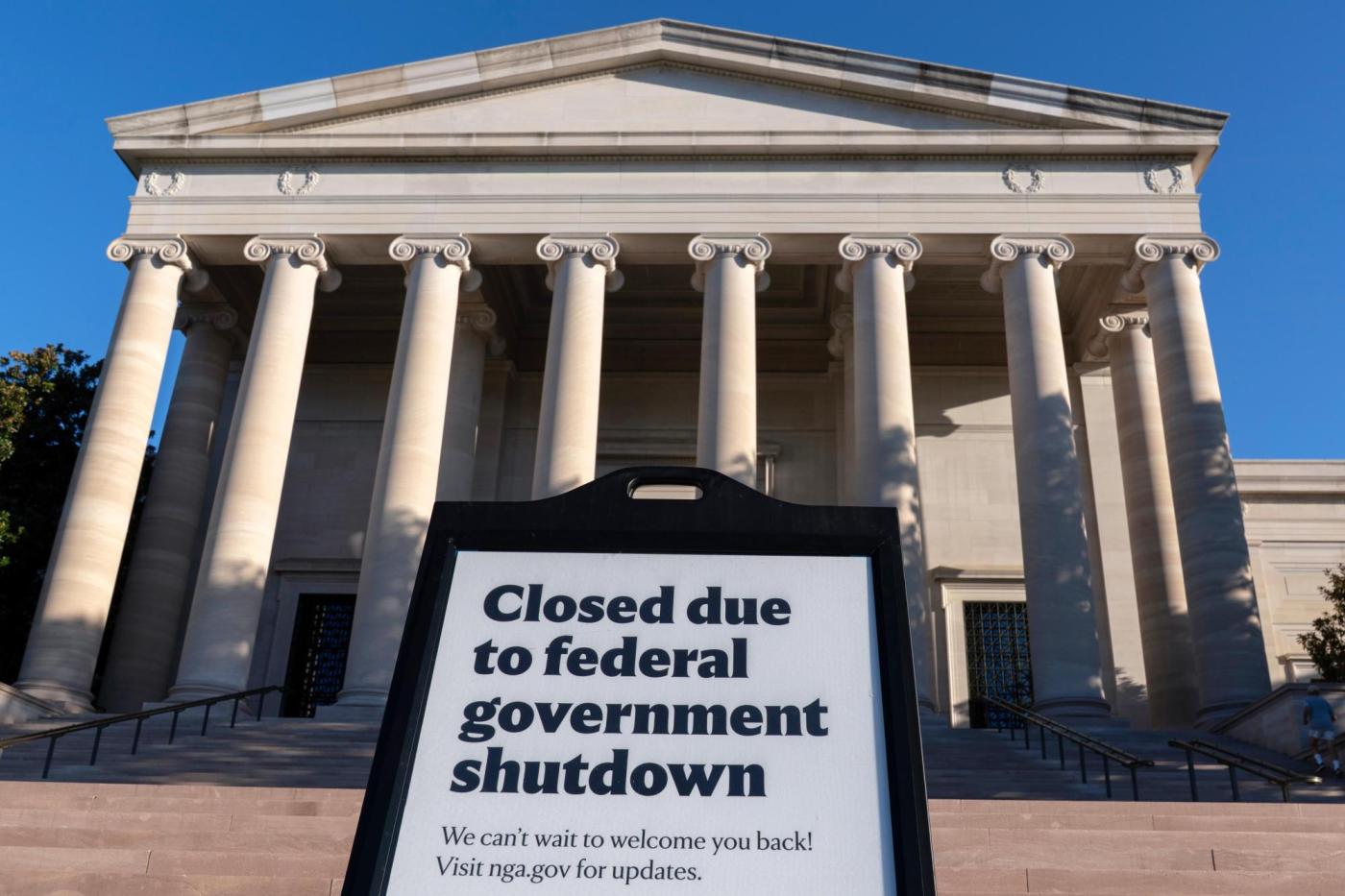A series of racist, homophobic, and antisemitic messages exchanged among members of Young Republicans have come to light, prompting significant backlash and calls for accountability. Reports from both Politico and the New York Times detail the contents of nearly 2,900 pages of messages shared over a seven-month period on the messaging platform Telegram. The revelations have sparked discussions about the implications of such rhetoric within political circles.
The chats, described as “vile” by Politico, provide an unfiltered glimpse into the mindset of a faction of the Republican Party. Participants in these discussions used derogatory terms for various groups and made disturbing jokes about violence, including references to raping political opponents and gas chambers. Comments such as “I love Hitler” highlight the extreme ideologies espoused by some members of this group, many of whom have ties to elected officials and hold influential roles within the party.
In the wake of these revelations, the response from political leaders has varied. Vice President J.D. Vance initially downplayed the comments, comparing them to discussions in a “college group chat.” He suggested that critics should focus on more pressing issues. This response has drawn criticism, with New York Governor Kathy Hochul stating, “Everyone from the president down must forcefully condemn this.” Her remarks underscore the importance of addressing hate speech and its consequences.
In contrast to Vance’s response, several Republican leaders have taken a firm stance against the language displayed in the chats. The Kansas Republican Party disbanded its Young Republicans group, and one aide to the state’s attorney general was terminated as a result of their involvement. The chair of the New York State Young Republicans issued a public apology, acknowledging the harmful nature of the messages and expressing a commitment to improved accountability moving forward.
Despite these steps, the fallout continues. The New York State Republican Party has scheduled a vote to disband the Young Republicans group, while the national organization emphasized that it will not tolerate the “inexcusable” language displayed in the chats and called for resignations from any participants involved.
The controversy is not limited to the Republican Party. The Democratic Party is also grappling with its own issues related to incendiary language. Jay Jones, the Democratic candidate for state attorney general in Virginia, faced backlash after he compared a Republican opponent to Hitler in 2022, leading to ongoing apologies for those comments.
The impact of hateful rhetoric cannot be overstated. The words exchanged in these chats highlight a troubling trend in political discourse, with the potential to escalate tensions and foster divisions within society.
“A broken bone can heal, but the wound a word opens can fester forever,”
wrote Jessamyn West, emphasizing the lasting effects of harmful language. Similarly, Mother Teresa noted that “kind words can be short and easy to speak, but their echoes are truly endless.”
As political leaders and operatives navigate their communications, the events surrounding the Young Republicans serve as a reminder of the profound responsibility that comes with public discourse. The call to “watch your language,” a lesson often imparted by parents, remains ever relevant in today’s political landscape.







